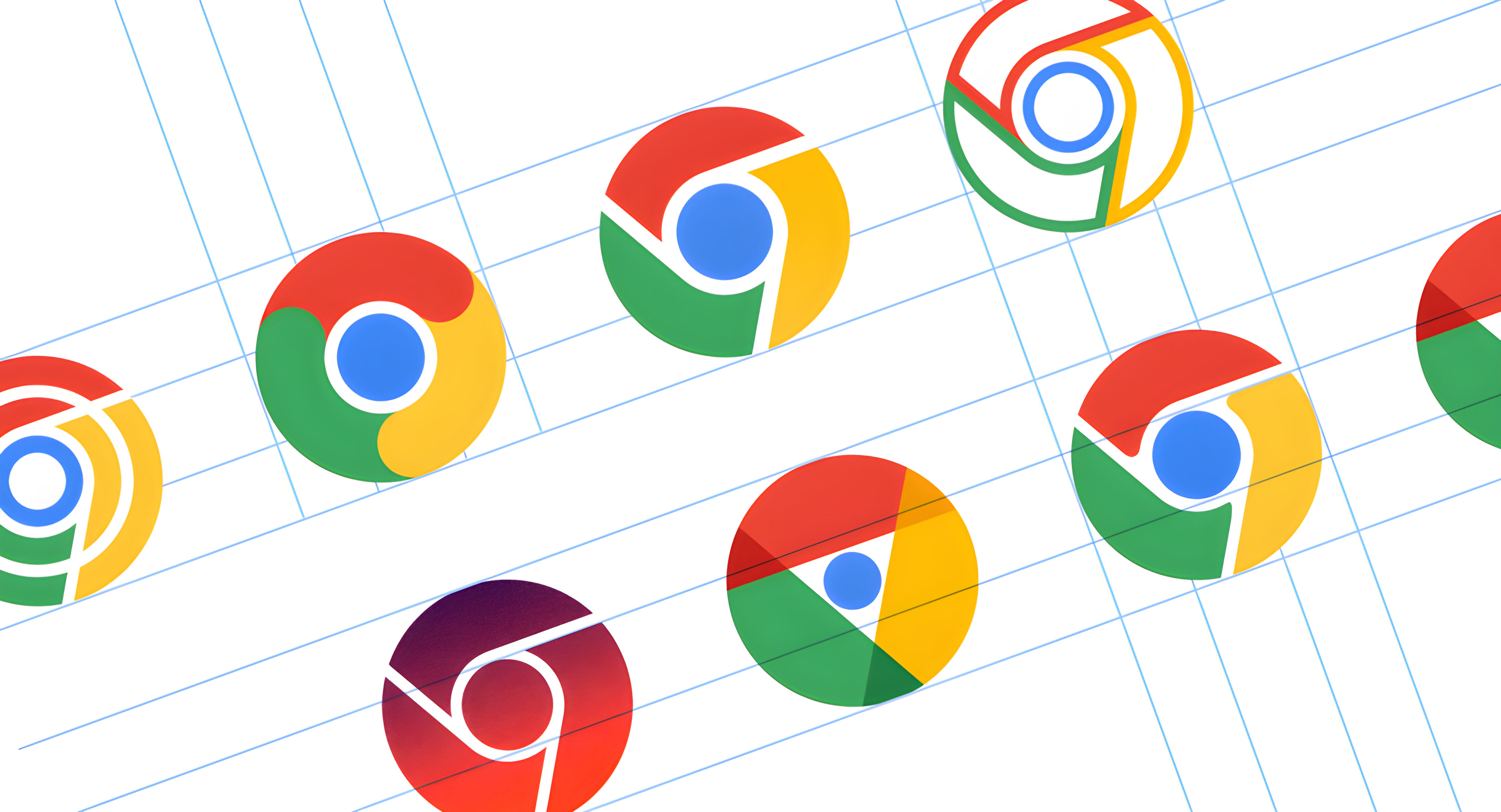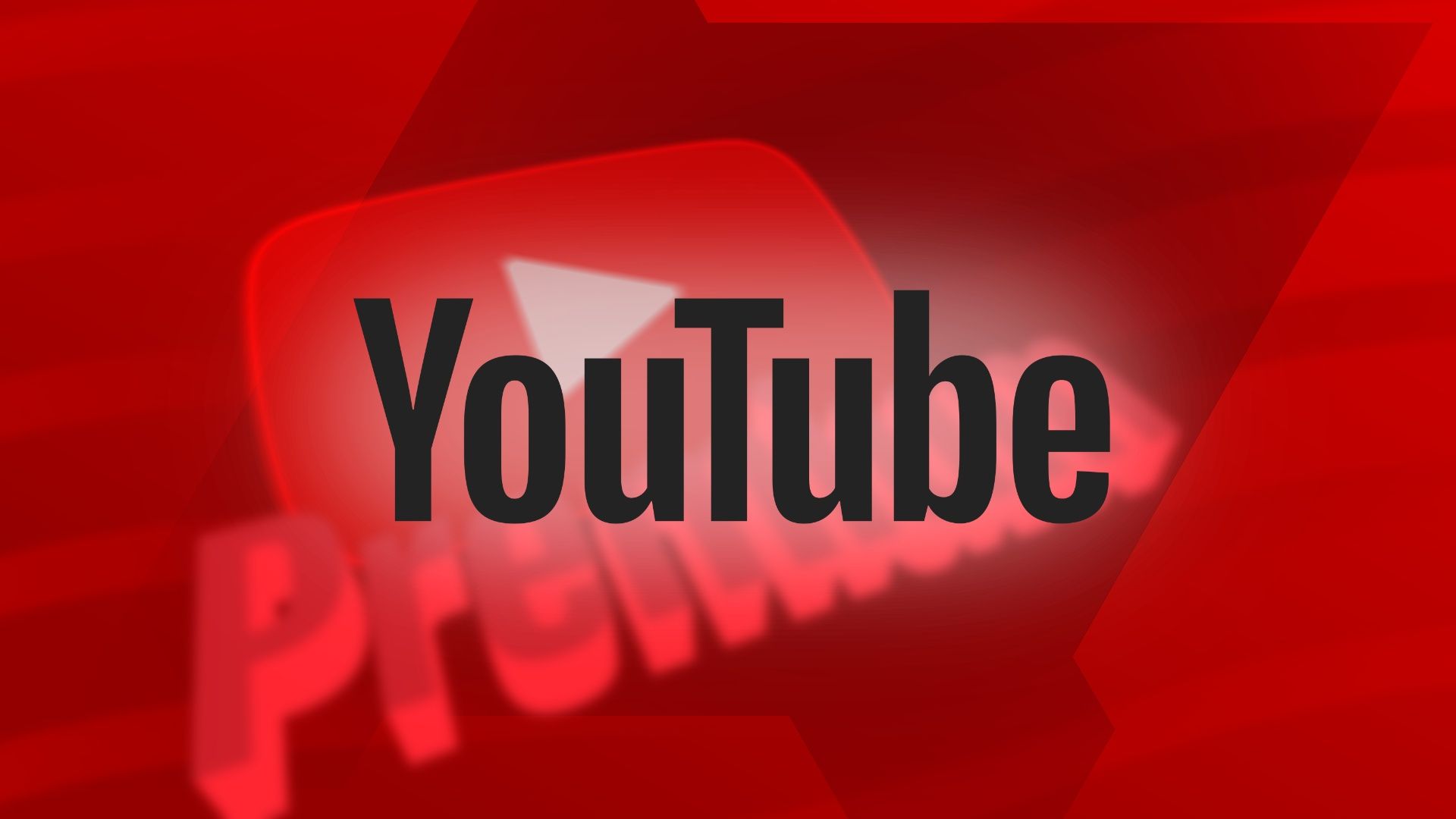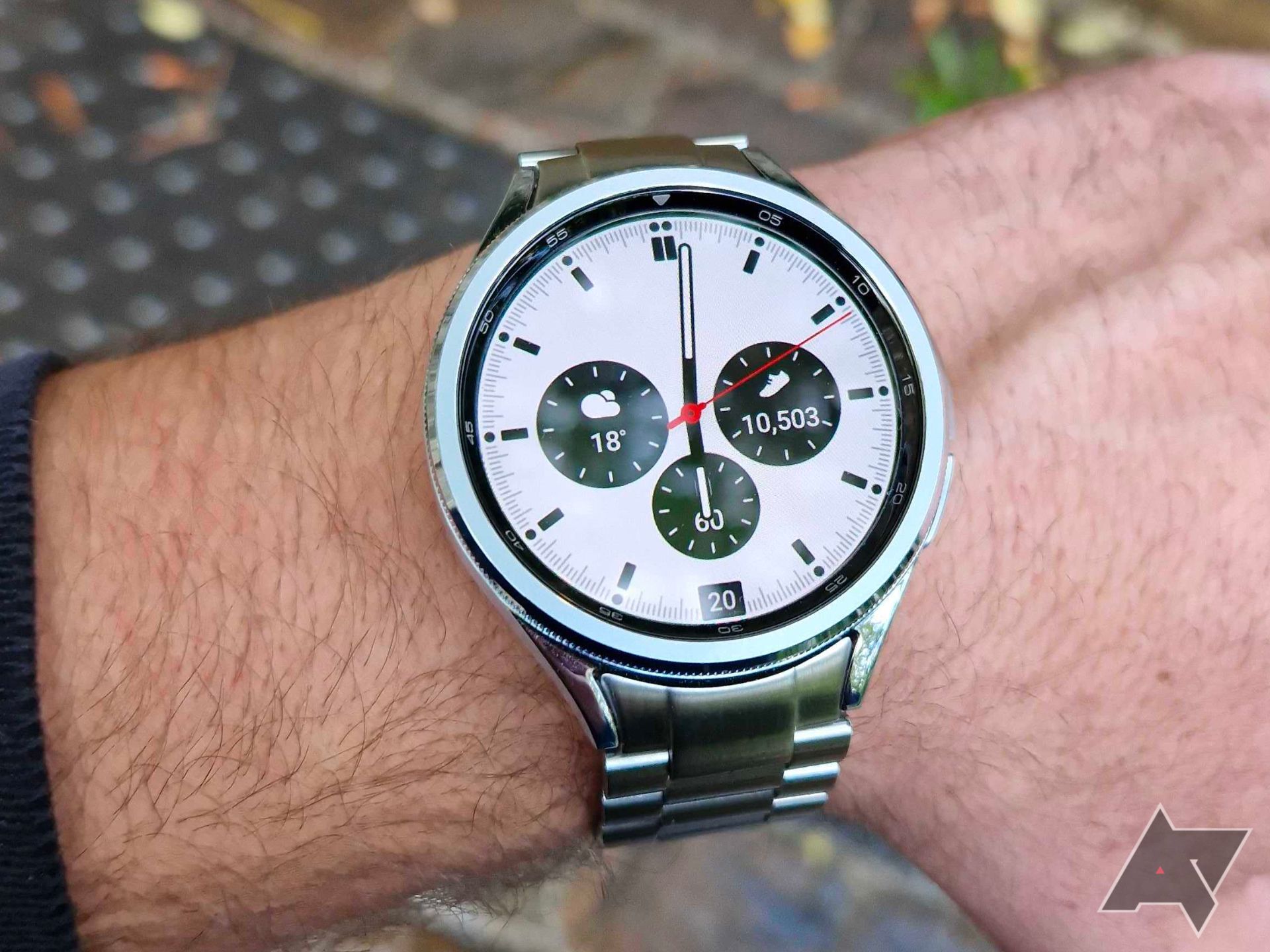Most people in the US had Monday off this week for Memorial Day, but that didn’t stop the news from rolling in. Google gave Android itself — not just Pixels — a fairly significant upgrade with new functionality, and the company also took a major step forward with its new platform for Chrome extensions. Meanwhile, YouTube started skipping videos altogether for some users, but Google says it’s not related to the site’s recent pushback against ad blockers. This all happened in a week when carriers were waving shiny new toys in front of us to distract from their own questionable moves, and Samsung was staying busy with its wearables in more ways than one.
Catch up on last week’s biggest Android headlines here
Android 14 pushes ahead of Android 15 in this week’s top news
Android gets its own feature drop
In November, just before the last Pixel Feature Drop of 2023 was due out, Google announced a batch of features for Android that weren’t exclusive to Pixel phones — in fact, in the company’s communications to the press, it even called the release a (lowercase) “feature drop,” leading many to believe it might be exploring releasing batches of features for the platform periodically. After some confusion, the company clarified that the Feature Drop branding would remain exclusive to Pixel software updates, but it still referred to the Android update as a “feature bundle.”
We didn’t see a similar feature bundle in February ahead of the March Pixel Feature Drop, but that was the month when Android 15 made its debut. This week, just before the June Pixel Feature Drop, however, we were blessed with another feature drop/bundle that applies to most Android users. The headlining feature is RCS message editing, but there were also a set of Google Home widgets, new cross-device services, and a fresh batch of Emoji Kitchen sticker combos. Wear OS also took a big step forward, and Android’s digital car keys expanded to several new automakers.

Google’s newest Android features get you RCS message editing, instant hotspot, and more
Plus seamless video call switching, new Emoji Kitchen combos, and Google Home widgets
Outdated Chrome extensions will stop working soon
Google spent the week doing a bit of housekeeping on Chrome, formally rolling out new functionality while prepping for big changes still to come. On Wednesday, we learned that Chrome’s Minimized Custom Tabs are seeing a wide rollout, allowing third-party Android apps that use Chrome’s optional in-app browser to render content in a floating picture-in-picture window.
This news was followed by Google’s announcement on Thursday that Chrome’s Manifest V3 rollout is officially underway, explaining how extensions for the browser that were built on the older Manifest V2 framework will be disabled soon before ultimately being blocked altogether. Guidelines in the new framework had some concerned about the future of certain extensions — primarily ad blockers — but Google tried to allay these fears in its announcement by pointing out how the top content filtering extensions already have Manifest V3 support and that 85% of actively managed extensions on the Chrome Web Store are V3-ready.

Google Chrome’s switch to a new extension framework is officially underway
Manifest V2 extensions will be disabled in the next few months
Last week saw T-Mobile hike prices for most of its customers despite roping many of those same people in with promises it would never do exactly that. This week, the company has been on damage control, waving a massive set of T-Mobile Tuesdays giveaways in our faces hoping we’ll forget about the dent in our wallets.
The company blamed rising costs in the industry for its price hikes, and then quickly turned around and announced that it would be purchasing most of US Cellular’s assets, effectively killing the last major regional carrier in the US and further stifling competition. Meanwhile, Verizon, which doesn’t even try to hide the fact that it’s the most expensive of our three remaining options, announced that it would be offering a YouTube Premium discount as part of its perks. Gee, thanks capitalism!

T-Mobile spends big on US Cellular, ensuring even less competition
The deal will close in 2025, assuming it receives regulatory approval
YouTube and ad blockers REALLY don’t mix
YouTube has been cracking down on ad blockers in recent months, employing various tactics to convince users to support their favorite creators or sign up for YouTube Premium. This week, users with ad blockers enabled started noticing that videos wouldn’t play altogether — instead, skipping straight to the end. When questioned for comment, Google explained that ad blockers were likely bumping up against some recent changes it had made, causing the bug — changes that it says are completely unrelated to its recent ad blocker crackdown.

YouTube is skipping videos altogether for users with ad blockers
Users have also reported audio issues while using ad blockers
Samsung still cares about its existing wearables — well, most of them
With the Galaxy Watch 7 series just around the corner, you might expect Samsung to treat its existing wearables like second-class citizens, but that hasn’t been the case at all. In fact, the company announced that Galaxy AI will be making its way to existing Galaxy Watch 4 and newer devices through its One UI Watch 6 update, which will soon be available in beta.
Interestingly, the fine print for Galaxy Watch AI reveals that these features might not even be exclusive to users with Galaxy phones, instead supporting any device with Android 10 or above if we’re reading things correctly — however, the features are only guaranteed to be free through 2025, after which point we’re not sure what will happen. But it wasn’t all good news for existing Galaxy Watch users — Samsung also unveiled its plans for sunsetting Tizen OS, which powered the company’s smartwatches before the Galaxy Watch 4.

One UI 6 Watch is bringing Galaxy AI features to Samsung smartwatches
Samsung’s wearables will get even smarter with Wear OS 5
